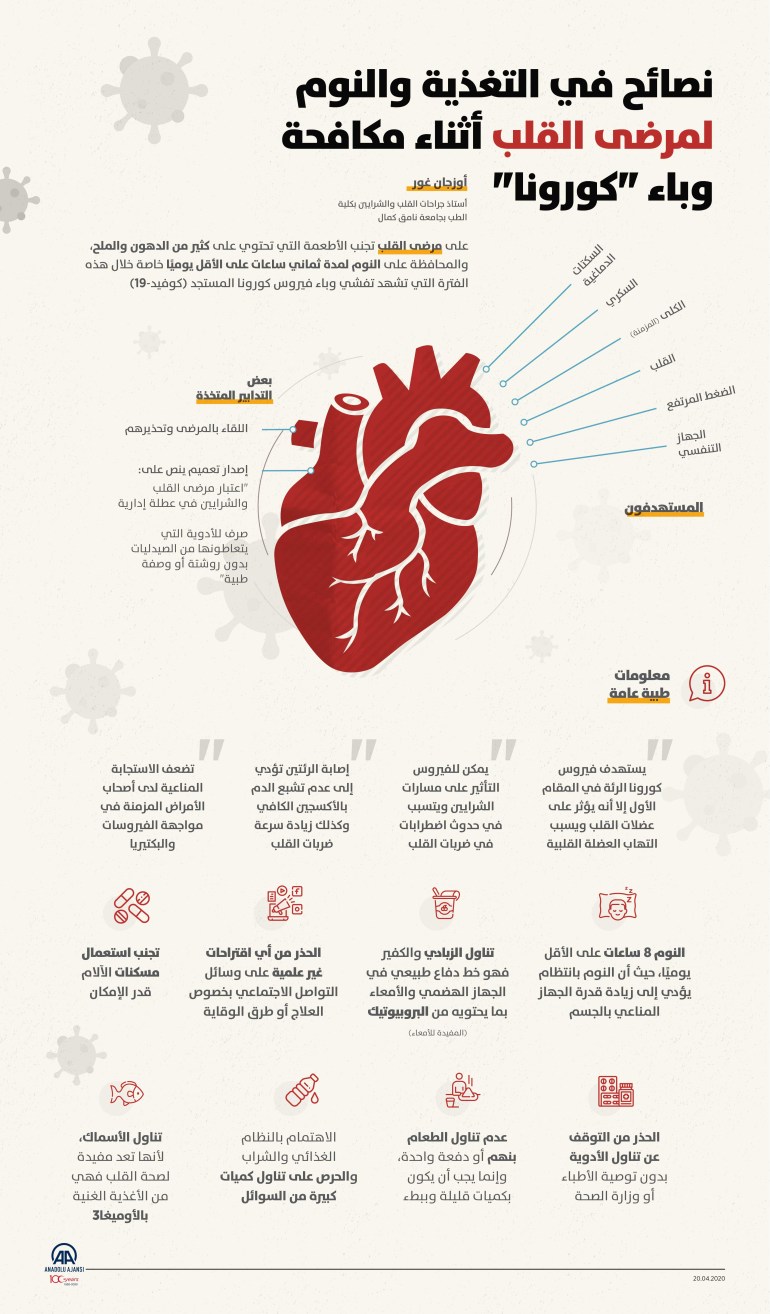Dutch athlete Wim Hof says cold water can reduce stress and increase energy levels, but how true are these claims?
In an article published in the British independent newspaper, Lindsey Bottoms said that anyone who watches "Freeze the Fair" with Wim Huff on the BBC will question the effectiveness of a cold shower. Set a Guinness World Record for Swimming Under the Ice "Cold showers a day keeps the doctor away" It helps reduce stress and increase energy levels.
The potential health benefits of taking a cold shower
The author states that there is not a lot of research looking at the health benefits of cold showers, but the largest study with 3,000 participants, conducted in the Netherlands, found that people who took a daily cold shower (after a warm shower) for 30 seconds, 60 seconds or 90 seconds For one month, they were absent from work due to illness with a lower rate of 29% compared to those who only took a warm bath, and it should be noted that the duration of showers with cold water did not affect sick absence.
And it turns out that the reason why a cold bath is a way to prevent people from getting sick is still not clear, as some research indicates that it strengthens the immune system, a Czech study showed that staying in cold water (14 ° C for one hour) 3 times a week , for 6 weeks, slightly strengthens the immune system of "young athletes".
However, more research is needed to understand the effect of a cold bath on the immune system.
Cold water helps boost the activity of the heart system
According to the author, "Huff" points out that cold water helps to enhance the activity of the cardiovascular system, and adds, "We go to the gym to exercise our muscles, but inside our bodies we have millions of small muscles in the cardiovascular system, which we can activate by just taking a cold shower. ".
She points out that when you take a cold shower, your heart rate and blood pressure rise, and there's also some evidence that cold water activates the sympathetic nervous system, the part that controls the "fight or flight" response that is the body's automatic response to a dangerous event. Or stressful or frightening.
Cold water and noradrenaline
She points out that during cold water showers, the hormone "Noradrenaline" is released, which is responsible for increasing heart rate and blood pressure, and some research has shown that an ice bath improves blood circulation. When exposed to cold water, the blood vessels in the skin constrict, reducing blood flow. Cold water, the body warms itself.
In the program, Hof recommended that participants increase their shower times each day.
However, a study conducted in the Netherlands examined the importance of the duration of the bath, and found that the duration of the cold bath had no effect on the health of the body.
For this reason, taking a cold shower for 15 seconds at 12°C should be sufficient for the body.
Taking a cold shower can lead to a heart attack
The writer notes that taking a cold shower can be a bit shocking, and when it increases heart rate and blood pressure, it can have a negative effect on people with heart disease because it may lead to a heart attack or arrhythmia, and if anyone has sediments Fatty arteries, the rapid increase in the heart rate is likely to lead to the liberation of some plaque and blockage of some of the arteries, leading to a heart attack.
It quoted Mike Tipton, an expert in human physiology at the University of Portsmouth, as saying that a cold bath can be associated with increased breathing, as it contributes to an acceleration of the breathing process, and as a result of the “snorkeling response” that occurs when the entire body is immersed in cold water, and the body automatically lowers the heart rate. Instinctively you stop breathing (as opposed to a fight-or-flight response).
Bathing in cold water and sudden death
The writer explains that this conflict can cause disturbances in the heart system and possibly sudden death.
However, this presents a greater risk when immersed in cold water, such as swimming in open water, than when taking a cold shower.
Many believe - according to the author - that taking cold water positively affects mental health, but the Dutch research study did not reveal any improvement in the state of anxiety in some participants when bathing with cold water.
On the other hand, cold showers contributed to alleviating symptoms of depression, as humans have a high density of cold sensory receptors on the skin that are activated by the cold shower, which in turn sends a huge amount of electrical impulses to the brain, which may have an antidepressant effect.
Washing the face and neck with cold water
According to a study of elderly participants, washing the face and neck with cold water temporarily improved brain performance, memory and attention.
And the author concluded by saying that Hof's claim that "cold showers keep you away from visiting the doctor" may be proven by some scientific evidence, but the health benefits and causes have not yet been determined, so those who suffer from heart disease should be careful when taking this experience.

